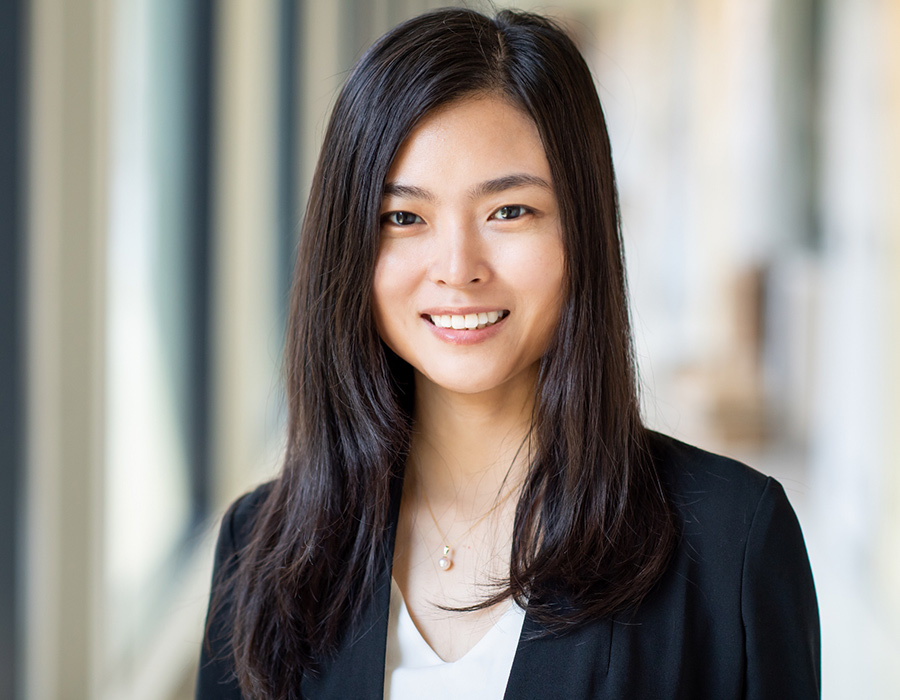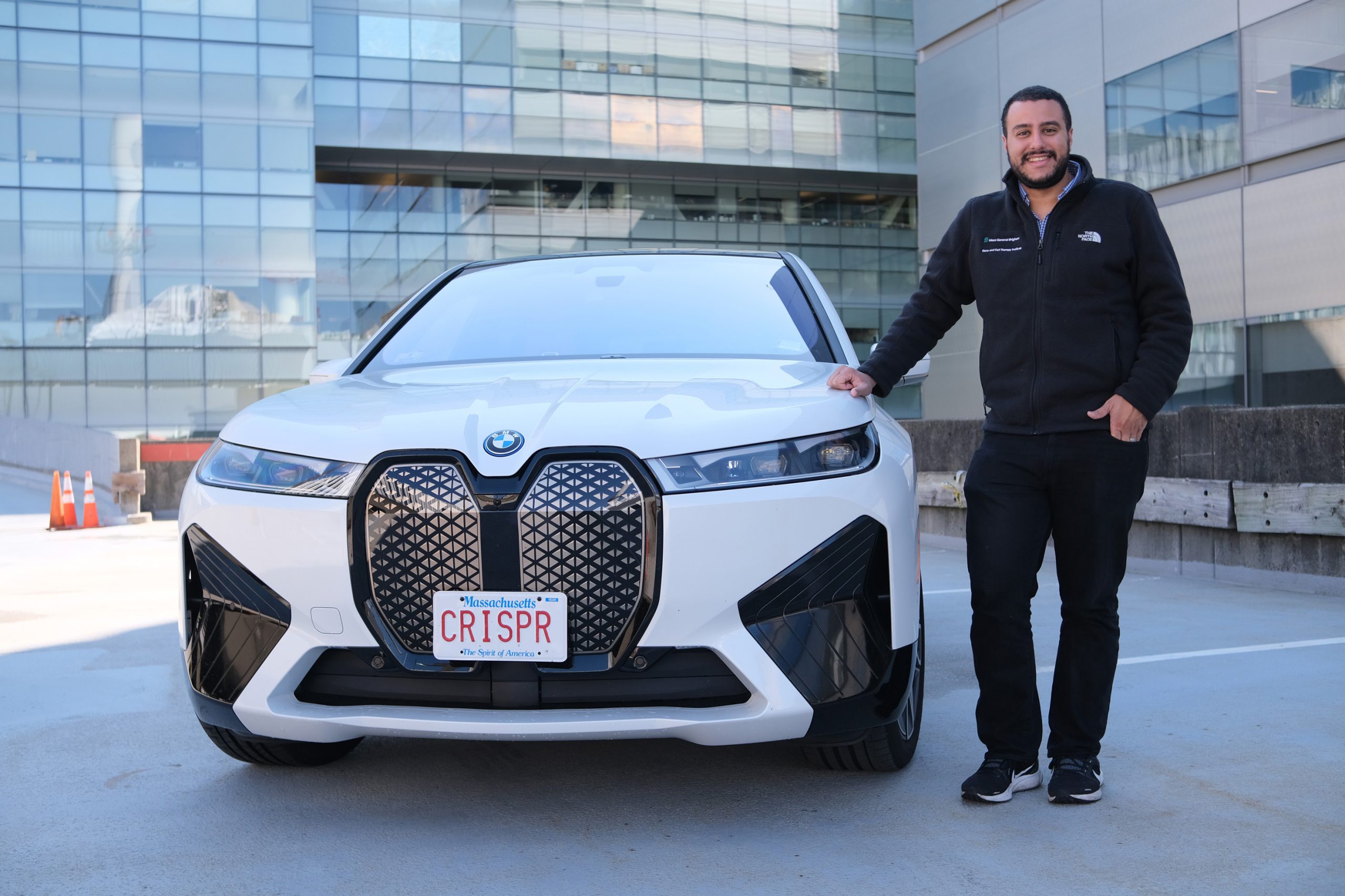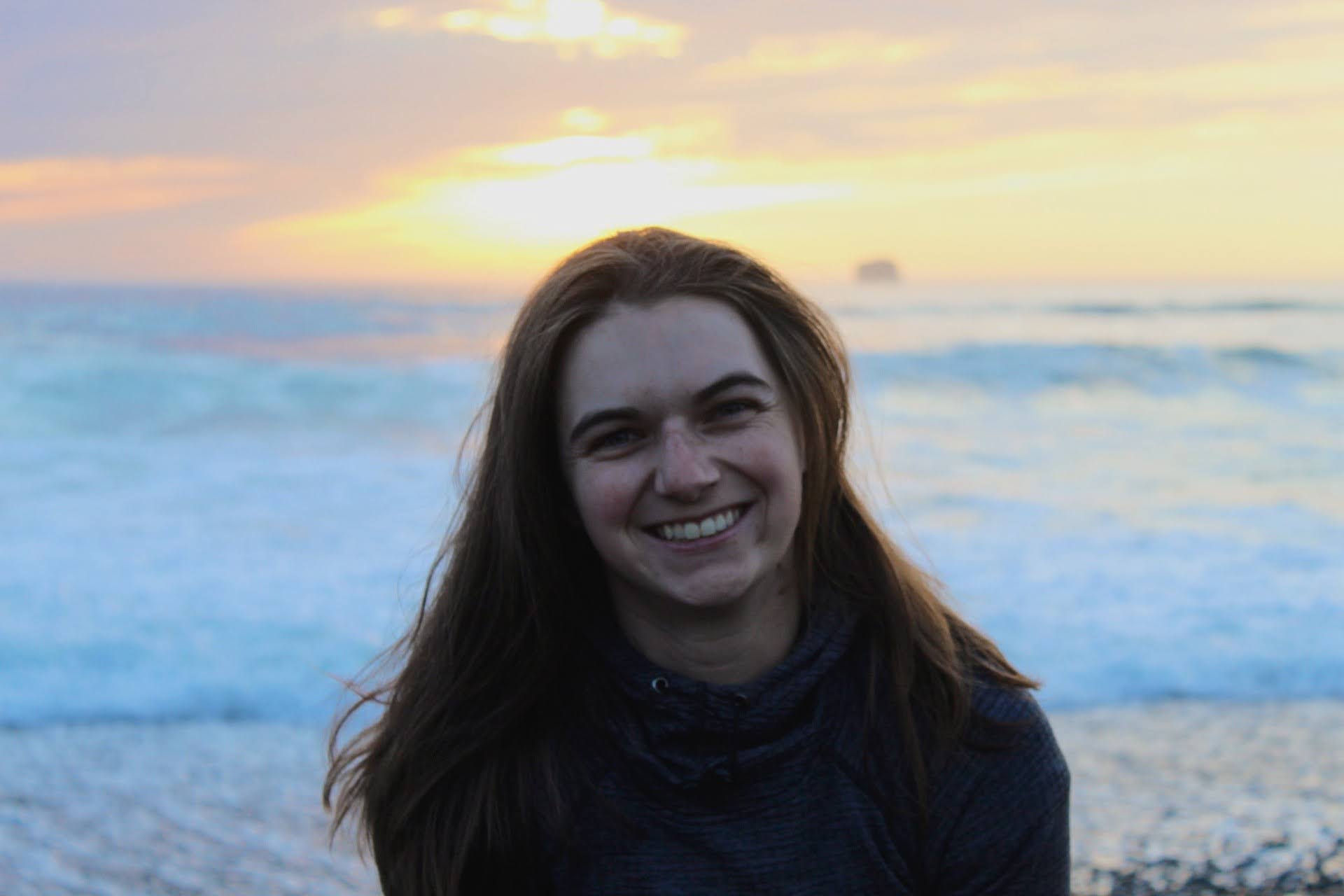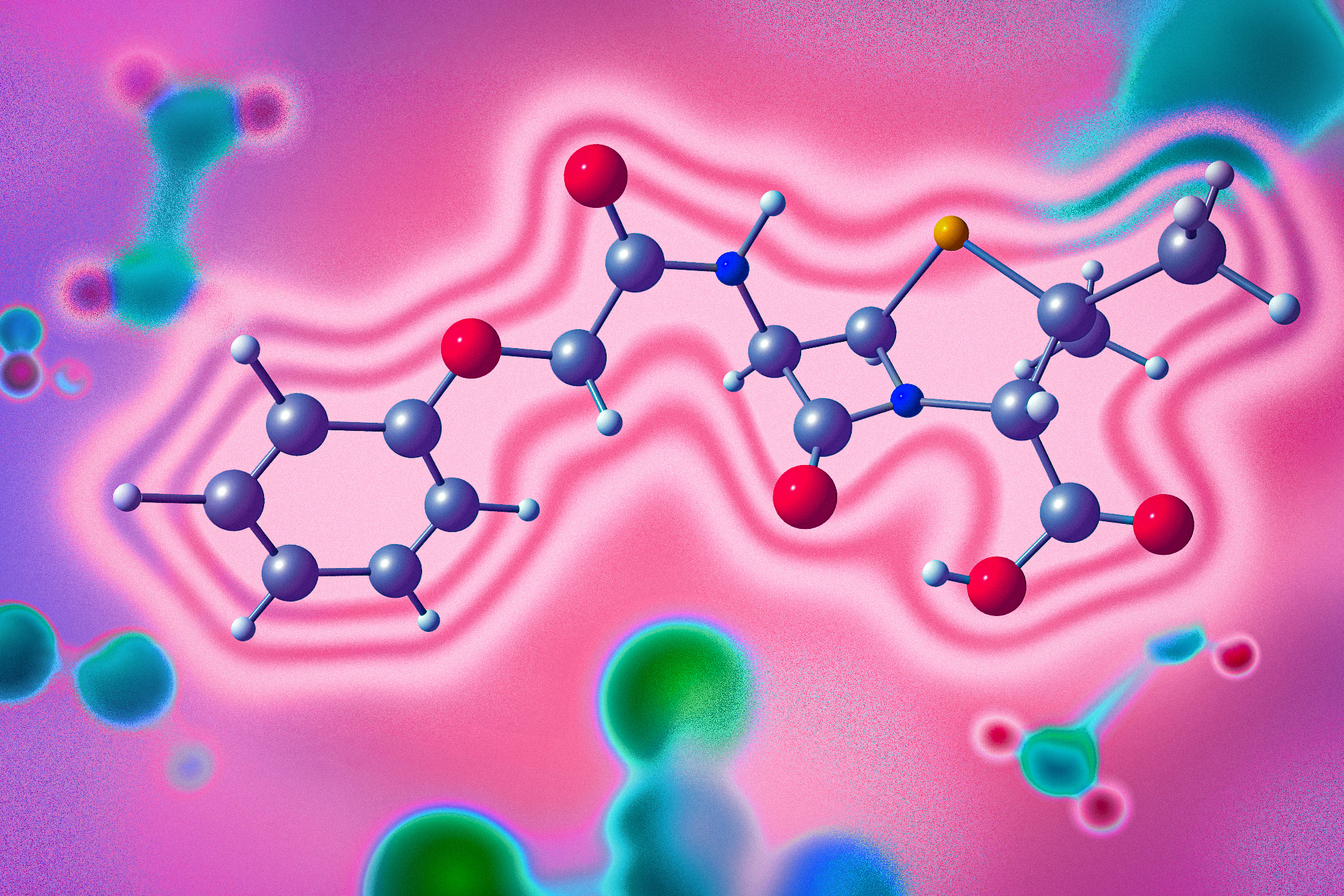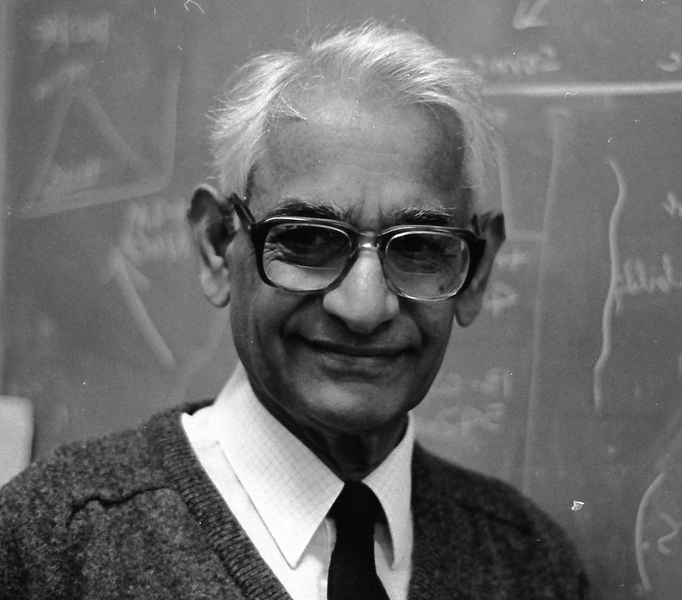Xiao Wang Awarded 2022 Packard Fellowship
Wang is one of 20 scientists and engineers at the forefront of their fields to be awarded $875K for their world-changing research.
Xiao Wang, an Assistant Professor of Chemistry and Core Member of the Broad Institute of MIT and Harvard has been awarded a 2022 Packard Fellowship by the David and Lucille Packard Foundation. Established in 1988, Packard Fellowships for Science and Engineering allow the nation’s most promising professors to pursue science and engineering research early in their careers with few funding restrictions and limited reporting requirements. Wang is among the 2022 class of 20 scientists and engineers at the forefront of their fields to be awarded $875K for their world-changing research.
The Packard Fellowships for Science and Engineering are designed to encourage innovative, blue-sky thinking by providing maximum flexibility and support to scientists and engineers early in their careers. This flexibility allows Fellows to pursue trailblazing experimental research into critical issues like COVID-19 and climate change. Fellows have gone on to receive the highest accolades, including Nobel Prizes in Chemistry and Physics, Fields Medals, Alan T. Waterman Awards, Breakthrough Prizes, Kavli Prizes, and elections to the National Academies of Science, Engineering, and Medicine.
“The Packard Fellowship is so important — it’s one of the nation’s largest non-governmental fellowships and it’s fully unrestricted. That means that the Fellows themselves can tackle whatever barriers they may have in their lives and labs to better explore their research,” said Dr. Celeste Nelson. This year, Nelson came full circle: She first joined the Packard Fellowship Program in 2008 as a Fellow herself, and in April 2022 joined the Advisory Panel, paving the way for the next generation of scientists.
Fellows can use the unrestricted funds however they like, including on things like child care. For Fellows, this freedom can open the doors to uncharted research territory and allow them to explore new approaches over longer timelines. For her part, Wang intends to use the Fellowship’s support to continue to conduct her high-risk, high-reward projects and realize her group’s scientific vision.
Nelson added, “As a woman, I’ve seen first-hand that the obstacles to doing good work are too often based on gender, and it’s programs like this that put amazing researchers from all backgrounds in the driver’s seat to help them get where they want to go. I’m so glad to see that half of this year’s Fellows class are women.”
The Wang Group is developing and applying the state-of-the-art tools of chemistry, biophysics and genomics to map the brain from molecules to systems. In specific, with in situ sequencing of nucleic acids as the core approach, Wang aims to develop high-resolution and highly-multiplexed molecular imaging methods across multiple scales toward understanding the physical and chemical basis of brain wiring and function.

